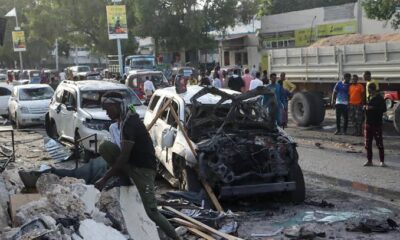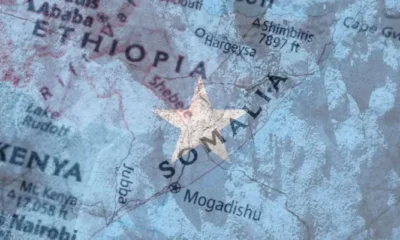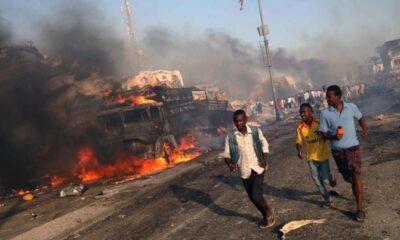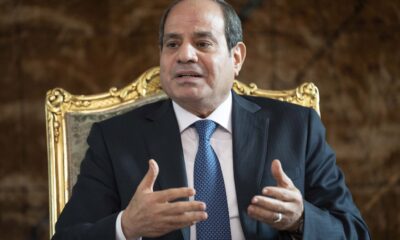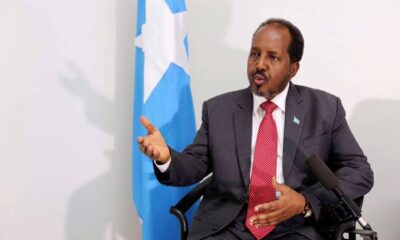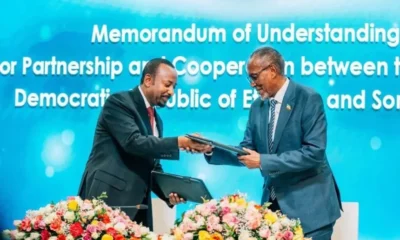In Somalia, the decade-long partnership between the government, the World Bank, and the UN demonstrates how collaboration between humanitarian and development actors is critical to state-building and delivering tangible support to citizens.
Since the collapse of the state three decades ago, Somalia continues to face significant challenges, including high levels of conflict and violence, an unfinished political settlement, weak government institutions, recurrent crises, and significant levels of socioeconomic exclusion.
Today, over 70 percent of the population lives in extreme poverty, and approximately a third require humanitarian assistance. In this context, an important factor in the success of this partnership has been the ability to maintain a shared strategic objective to build a more stable and visible state that delivers for Somalis, while strengthening resilience to overcome crises and helping the country address the drivers of fragility that undermine peace and development.
The partnership between the government, UN and World Bank provides support to those in need of urgent humanitarian assistance, while building the capacity of the state to administer and deliver predictable support across the country.
Joint priorities focus on strengthening human capital and enhancing resilience. The key challenge is how to strike the right balance between addressing the vast immediate needs today, and building sustainable country systems and institutions that can last for the long term.
Over the past decade, this partnership has evolved significantly. While many actors channelled short-term assistance outside of state institutions, since the adoption of a provisional constitution in 2012 this partnership deliberately focused on long-term support to Somali government institutions.
This helped pave the way for the debt relief process through the Heavily Indebted Poor Countries (HIPC) Initiative, which led to increased development assistance in 2020 through financing from the International Development Association (IDA).
However, the debt relief process coincided with a confluence of shocks – Covid-19, a desert locust outbreak, and heavy floods – that deepened socioeconomic challenges. IDA re-engagement therefore brought crucial development financing to Somalia to complement humanitarian assistance.
In addition, IDA grants enabled the Government to scale-up ‘people-centred’ support and strengthen the capacity, visibility, and presence of the state. Given that the majority of Somalia’s population has grown up without functioning state institutions, this approach has been important to help mend a fractured social contract.
In practice, this means that for several projects, IDA resources have been channelled through the Government to UN agencies and NGOs to deliver World Bank-financed operations. Through this unique approach, the Bank provides predictable development financing and strengthens the Government’s ability to manage a growing development portfolio and respond to shocks.
It leverages the operational presence and capacity of UN agencies to deliver assistance to communities on the ground. This partnership model, representing approximately a quarter of the World Bank’s $2.3 billion portfolio in Somalia, extends across six operations.
For example, the $418 million World Bank-funded “Baxnaano” Project has provided predictable cash transfers to 200,000 families in Somalia with the support of UN agencies. Through the project, WFP delivers emergency cash transfers in response to shocks and Unicef helps build social protection systems that are essential for direct government management of safety net programs in the future.
The Somalia Urban Resilience Project, in collaboration with United Nations Office for Project Services (Unops) and Internal Organisation for Migration (IOM), strengthens local government systems to support service delivery and resilient infrastructure in urban areas, including those hosting internally displaced people. Several other projects, ranging from crisis recovery to health and social protection, also use this operational partnership.
Though there have been challenges in operationalising this approach, collaboration across these sectors is critical to enhance the Government’s capacity to administer services for its citizens moving forward.
Through a joint liaison function, supported by the UN Partnership Facility under the Secretary-General’s Peacebuilding Fund and the World Bank’s Somalia Multi-Partner Fund, this partnership has also helped advance the strategic dialogue on shared priorities and ensure close coordination on security and political developments.
The experience in Somalia underscores how operational partnerships can advance the strategic vision to build a more capable state that delivers services for its citizens in a complex FCV context. While there is still a long way to go, the last decade and recent achievements, including the completion of the debt relief process, have shown that significant progress can be made if the Government and international partners align strategic priorities and financing.
Looking ahead, an approach anchored in government leadership and impact-driven partnerships must continue to support Somalia’s state-building journey.
Building on the lessons learned from this partnership – including as part of the World Bank’s new country strategy for Somalia – will be crucial to continue building government institutions, strengthening intergovernmental relations, enhancing resilience to crises, and providing access to basic services to millions of Somalis.
Importantly, this can also provide a roadmap for how governments, the World Bank, and the UN can come together to deliver in other fragile and conflict-affected settings.
Chris Oberlack is UN-World Bank Liaison Officer and Miguel de Corral is Senior Operations Officer, FCV Group, World Bank
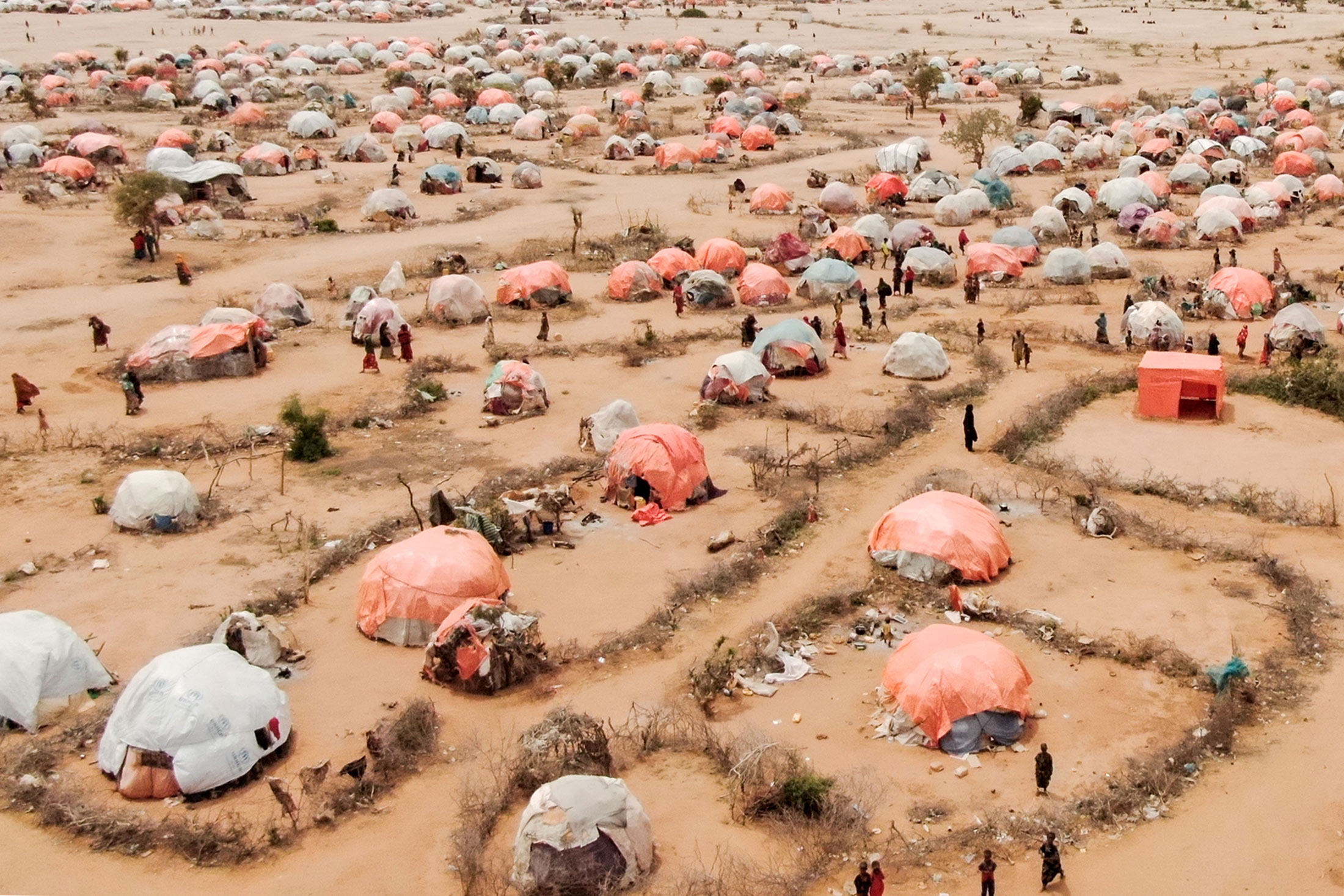

 Sports1 day ago
Sports1 day ago
 Metro17 hours ago
Metro17 hours ago
 Metro2 days ago
Metro2 days ago
 Tech2 days ago
Tech2 days ago

